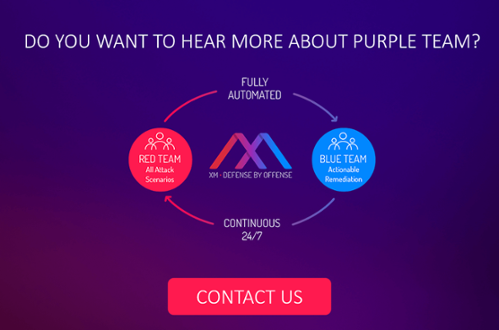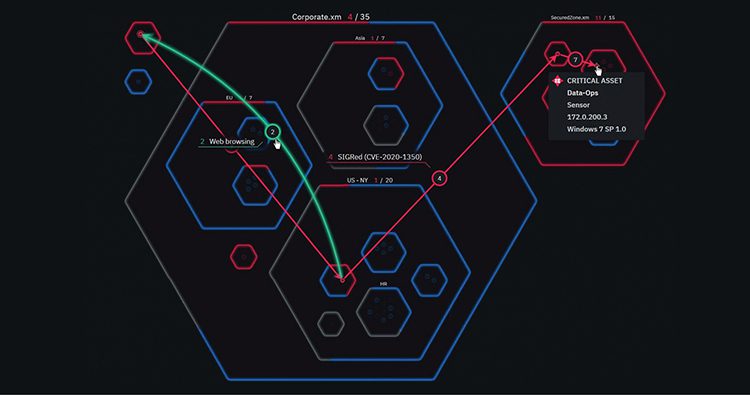When we think about data breaches, our minds tend to drift to the spectacular incidents that make national or international news. Yet while they rarely pop up in the press, small and medium-sized enterprises (SMEs) — also known as small and medium-sized businesses (SMBs) — are at even greater risk of a suffering serious breach with crippling financial and reputational repercussions.
Why Cybersecurity for SMEs Presents Unique Risks
According to the Ponemon Institute’s “2019 Global State of Cybersecurity in SMBs,” the number of targeted breaches affecting smaller businesses has risen significantly for three consecutive years. That report, which gathers responses from more than 2,300 global IT practitioners, also showed that 45% of respondents believe their organization’s current security approach is ineffective.
Given these developments, it’s clear that smaller businesses need to make cybersecurity a top priority in 2020 and the years ahead. To do this, they must address three core cybersecurity challenges facing SMEs. Let’s take an in-depth look at each one:
- Cost challenges. Unlike larger enterprises with robust IT budgets, small business cybersecurity is often a “do the best with what’s available” scenario. Many SMEs lack the budget for standard enterprise security practices. One example: A large business may conduct regular red team testing, inviting “ethical hackers” from outside the organization to conduct mock attacks within a controlled environment. While red team testing can help identify security vulnerabilities, it’s simply too expensive for some smaller firms.
- Expertise challenges. Let’s face it: If your budget is limited, your ability to hire the most experienced and/or skilled people is also limited. Many SMEs are defended by teams that lack the institutional knowledge, cutting-edge skills and wide experience possessed by strong enterprise teams. These teams may not have the capability to conduct a thorough and sophisticated cyber vulnerability assessment. Hackers, who seem to become savvier and more numerous each year, understand this weakness and leverage it by launching sophisticated attacks that less experienced teams have a difficult time defending.
- Complexity challenges. As SMEs migrate to the cloud, security teams must contend with added complexity and the specific challenges of operating within a hybrid environment. Many smaller teams lack the experience and know-how to do this effectively. Additionally, supply chains are growing longer and more complex. Hackers have adjusted their tactics and often attack the weak point in the chain (often an SME vendor) to help penetrate a larger enterprise with stronger security.
Larger Security Trends Affecting SMEs
While these challenges are specific to cybersecurity for small businesses, there are also some larger trends that complicate the quest to maintain a strong security posture. The overall number of data breaches affecting organizations of all sizes and types continues to spike; three-quarters of US companies reported at least one cyberattack in 2019. Exacerbating this problem is a general lack of human cyber experts capable of handling these threats. Workers with true domain expertise are in high demand — and there simply aren’t enough of them to go around. This gap is likely to become much more pronounced in the coming years.
Fortunately, there’s an automated solution that can help offset the need for human expertise while addressing those three core SME challenges listed above: A breach and attack simulation (BAS) platform.
Why a BAS Platform Is the Key to Proactive Cyber Defense
Breach and attack simulations are an advanced cybersecurity technique that allows organizations to identify vulnerabilities by mimicking the behavior of attackers.
During automated BAS testing, simulated attacks are launched against an organization’s security environments, a process much like conventional red team testing. After these simulations uncover any vulnerabilities that exist, a BAS platform then prioritizes the steps that should be taken to address these security gaps.
Because they offer automated and continuous testing, BAS platforms aren’t merely a powerful tool for preventing breaches, they are also ideally suited for use by SMEs. Smaller organizations that lack the budget and expertise to maintain high-level security can instead rely on an automated BAS platform to deliver cutting-edge defense without the expense associated with hiring experts or conducting regular manual red team tests.
Why XM Cyber’s BAS Solution Is the Gold Standard for SMEs
As mentioned above, cloud migration is a critical challenge for today’s security teams. XM Cyber offers the only BAS platform that can simulate attacks within AWS environments. This is essential for smaller teams that struggle with the complexity of defending hybrid environments.
While most SMEs lack the budget to “throw money at the problem” and spend whatever it takes to maintain strong security, these organizations can do more with less by harnessing the power of automation and continuous testing. XM Cyber’s solution is the market’s most advanced BAS platform — and the best tool SMEs have against today’s attackers.
Dan Anconina is Customer Operations Manager, XM Cyber
Related Topics




